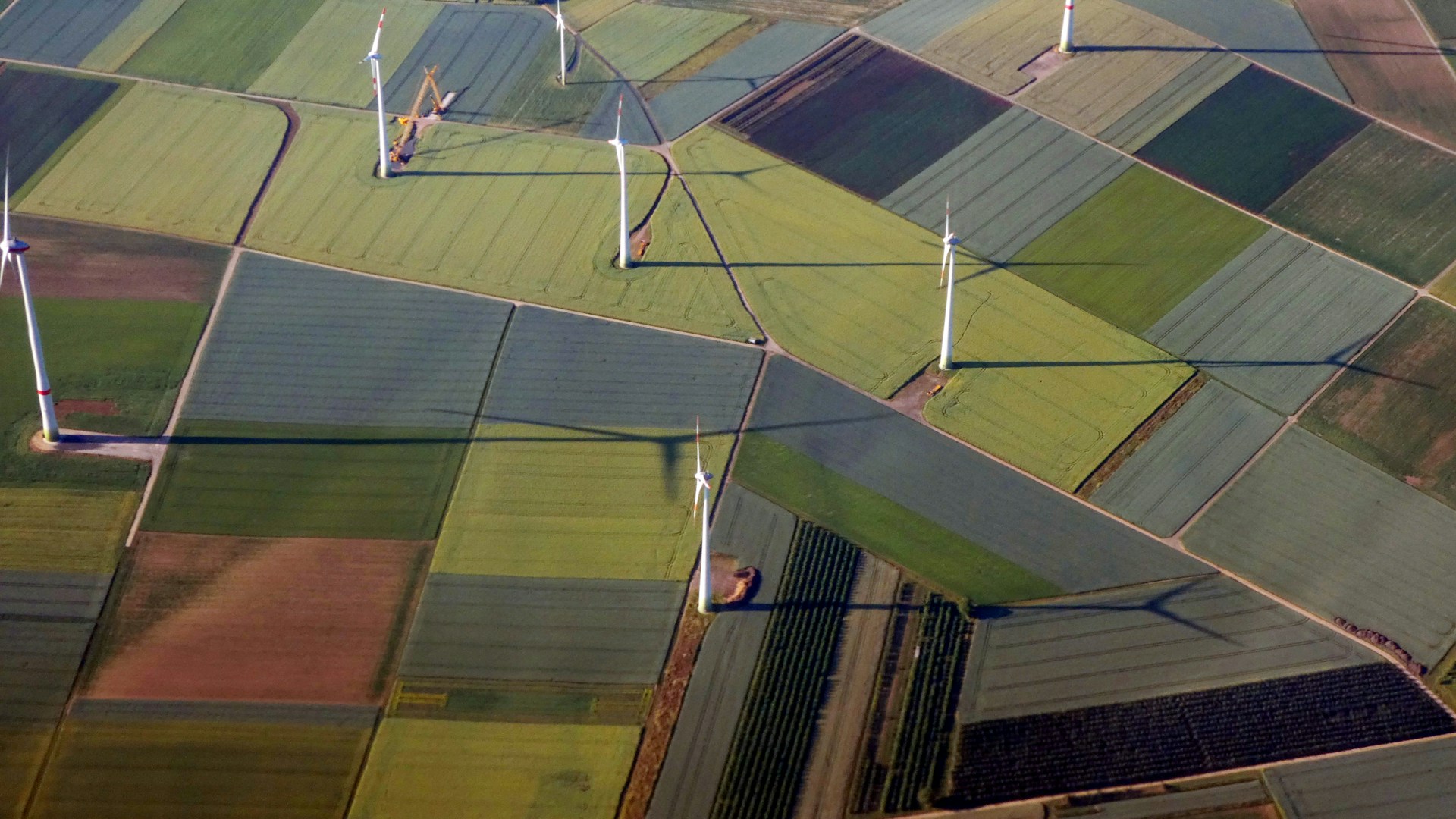Multidisciplinary construction firm delivering high-performance construction, engineering, and infrastructure solutions.

As cities around the globe face the mounting pressures of climate change, population growth, and aging infrastructure, the shift toward green infrastructure is becoming more than a trend—it’s an essential transformation.
Unlike traditional systems that rely heavily on concrete and steel, green infrastructure integrates natural elements into urban environments to manage stormwater, reduce heat, and improve overall livability. From rain gardens and green roofs to permeable pavements and urban forests, these eco-friendly systems are changing how we design, build, and live in our cities.
Governments and urban planners worldwide are reimagining infrastructure through a sustainability lens. Cities like Copenhagen, Singapore, Toronto, and Melbourne are investing in large-scale green infrastructure to address flooding, improve air quality, and enhance biodiversity.
In the U.S., initiatives such as the EPA’s Green Infrastructure Program support the integration of nature-based solutions in urban planning. Meanwhile, developing nations are also adopting green frameworks to build resilient, adaptable communities with limited resources.
Stormwater Management: Reduces runoff and improves water quality through natural filtration.
Urban Cooling: Mitigates urban heat islands by increasing vegetation and shaded areas.
Improved Air Quality: Filters pollutants and supports healthier urban ecosystems.
Enhanced Public Spaces: Adds value through green corridors, parks, and community gardens.
Resilience & Cost Savings: Lowers maintenance costs and boosts long-term adaptability.
While adoption is growing, challenges remain—such as upfront costs, limited policy support, and the need for specialized knowledge. However, the long-term economic and environmental benefits often outweigh the initial investment.
With increased global awareness, international partnerships, and advancements in green technology, the future of infrastructure is being redefined by nature and innovation working together.
Green infrastructure is more than an environmental initiative—it’s a strategic response to modern challenges. As cities continue to evolve, integrating natural systems into urban frameworks will be key to building healthier, smarter, and more sustainable communities.
© 2025 Hubert Construction Limited – All Rights Reserved